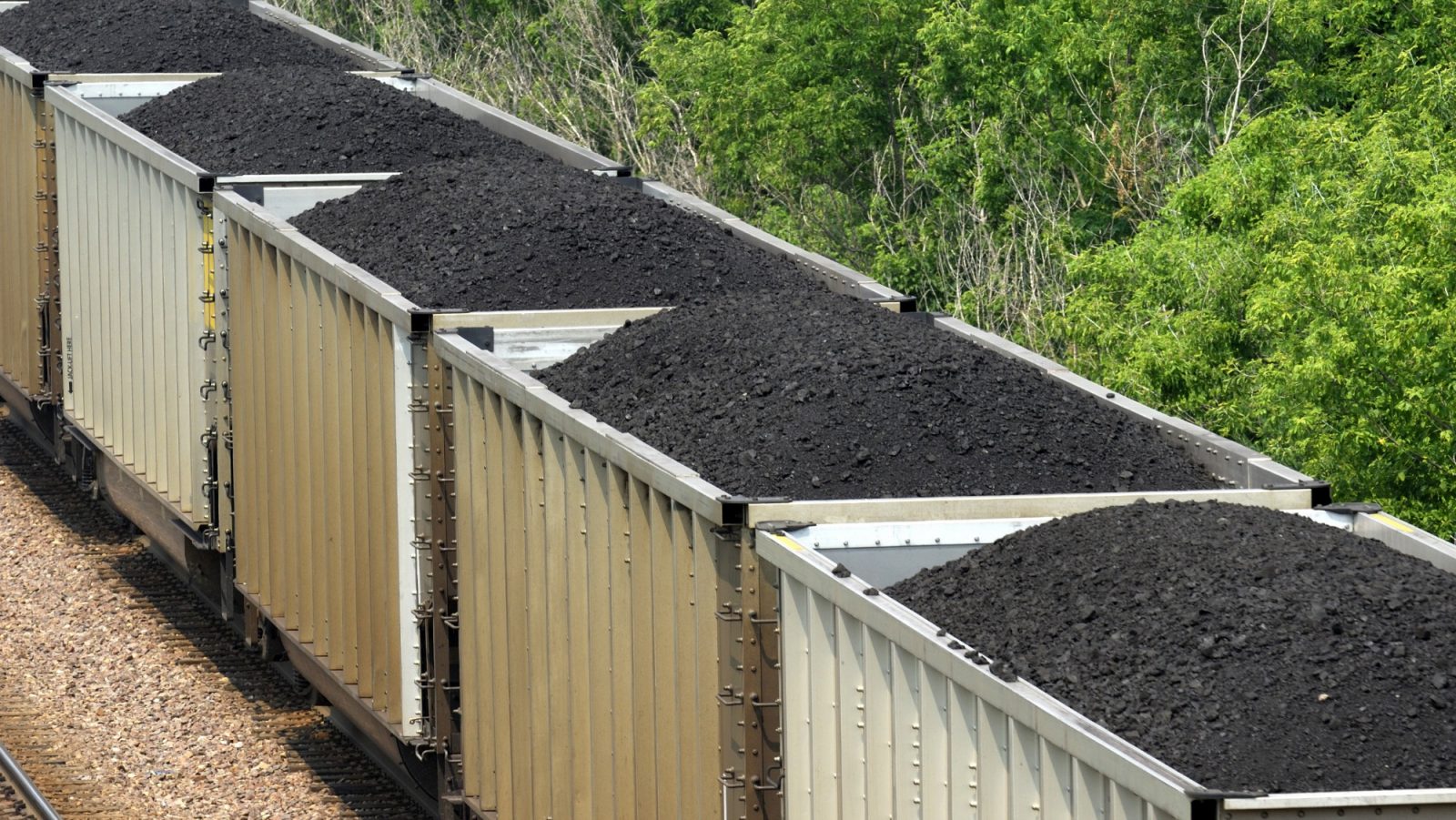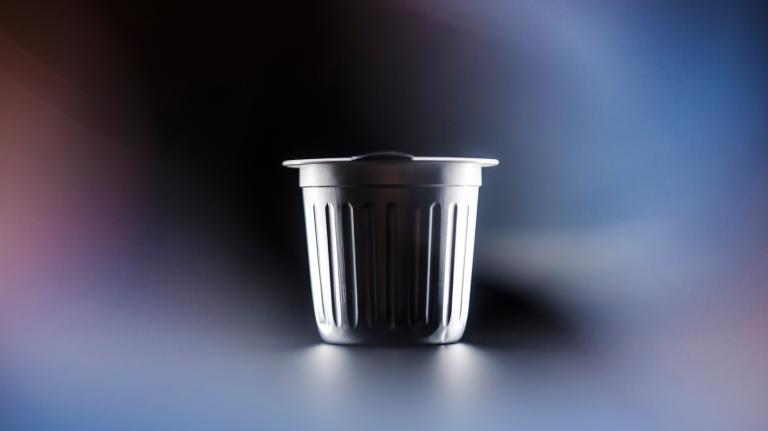Coal dust is blowing off rail cars and over neighborhoods located near train tracks that are used to haul coal in the Pacific Northwest.
Air monitors placed near the tracks in a Seattle residential area detected spikes in large particles of pollution when coal-hauling cars chugged by. They also picked up an increase in diesel particulate matter. These preliminary research findings suggest that plans to increase the amount of coal hauled from mines in Montana and Wyoming to proposed new shipping terminals in Washington and Oregon will worsen air pollution.
How do we know this? Because 271 people donated $20,529 through the research-focused crowdfunding site Microryza to help buy air monitors and pay for the labor of researchers and a technician.
The work was led by University of Washington atmospheric sciences professor Dan Jaffe. He released the preliminary findings on Monday. A paper with the research results is still under peer review, but Jaffe said he felt he owed it to his donors to release his findings as soon as they were available.
“We did find an increase in large particles in the air when coal trains pass by and it does suggest that it’s coal dust and it’s consistent with coal dust from those trains,” said the UW scientist, Dan Jaffe. …
Jaffe gathered air quality samples at two sites next to train tracks in the Northwest. He tested 450 trains as they passed — roughly 10 percent of which were carrying coal.
A spokesperson for BNSF Railway raised questions about the crowdfunded research: “How is it being done? How is it being funded? What standards are in place? Who is involved in that? So [crowdfunding] is a really new concept when it comes to scientific research.”
This highlights a challenge that scientists will face when they pursue crowdsourced funding: Donors will desire quick results, but the peer-review system takes time.
Jaffe, though, isn’t worried about it. “I’ve published over 120 papers in the scientific peer reviewed literature,” he said. “I know the drill. If I didn’t feel our results would hold up to peer review scrutiny there’s no way I’d be releasing them now.”



